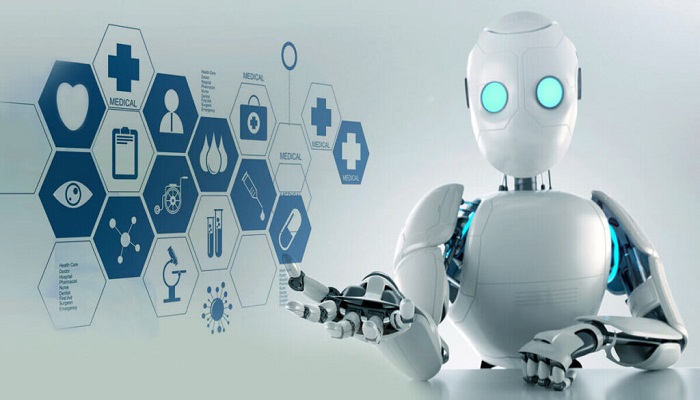A recent research study conducted by Mälardalen University (MDU) offers insights into the potential future landscape of the healthcare industry. The study delves into significant trends and factors that are poised to shape the evolution of healthcare and medical services over the next five decades. To arrive at their conclusions, the researchers engaged in interviews with healthcare experts and drew upon their extensive experience within the healthcare sector.
The research findings indicate that in the short term, spanning the next 5 to 10 years, we can anticipate a surge in the integration of welfare technology into the industry, including the widespread utilization of artificial intelligence (AI) and robotics. Telemedicine, which involves the provision of medical care remotely, is also expected to gain prominence, along with the adoption of value-based healthcare models where hospital funding hinges on outcomes.
Moving into the medium-term horizon, spanning 10 to 30 years, healthcare is likely to witness a notable increase in data-driven personalization. This approach harnesses patients’ personal data to proactively prevent, diagnose, and treat various medical conditions. Wearable devices, particularly in fields such as cardiology, neurology, and diabetes, are anticipated to play a pivotal role in advancing this form of healthcare.
Ignat Kulkov, a researcher and postdoctoral scholar at MDU, notes that this patient-centric healthcare approach signifies a transition from traditional methods to more innovative and personalized strategies.
Looking further ahead into the long term, a span of 30 to 50 years, researchers foresee a rise in antibiotic resistance, albeit with improvements in available antibiotics. Moreover, technological advancements and the increasingly fast-paced nature of our lives may lead to a higher prevalence of conditions like depression and obsessive-compulsive disorders.
Over both medium and long-term horizons, healthcare could also confront the impact of climate change, which could potentially lead to issues such as food shortages, increased violence, and elevated disease risks. There’s a concern that the most vulnerable and economically disadvantaged members of society may bear the brunt of these climate-induced challenges.
Ignat Kulkov emphasizes that the ability to adapt to and address these unpredictable situations will be pivotal for the future development of the healthcare industry.
The study also underscores the growing significance of sustainability in healthcare. Sustainable medicine, characterized by reduced carbon emissions and increased use of recyclable materials in healthcare settings, is expected to gain importance and confer a competitive advantage. This emphasis on sustainability has the potential to spur innovation, enhance resource management, and positively influence overall development, according to Ignat Kulkov.
He concludes by highlighting the importance of society’s understanding of the trajectory of medical care and its associated trends and prospects. Recognizing and accurately predicting the resources and capabilities necessary for implementing new healthcare approaches is crucial. The study is envisioned to serve as a foundational resource for shaping a more adaptable and sustainable healthcare and medical system for the future. Ignat Kulkov notes that key stakeholders in the industry, including healthcare professionals, patients, policymakers, suppliers, insurance companies, and universities, are likely to demand and benefit from these research findings.



















